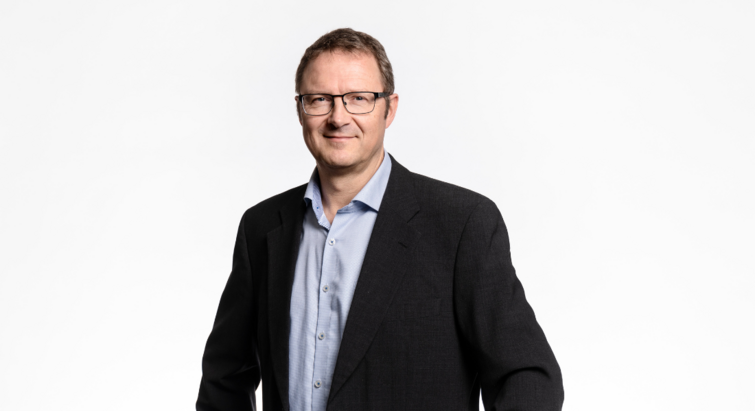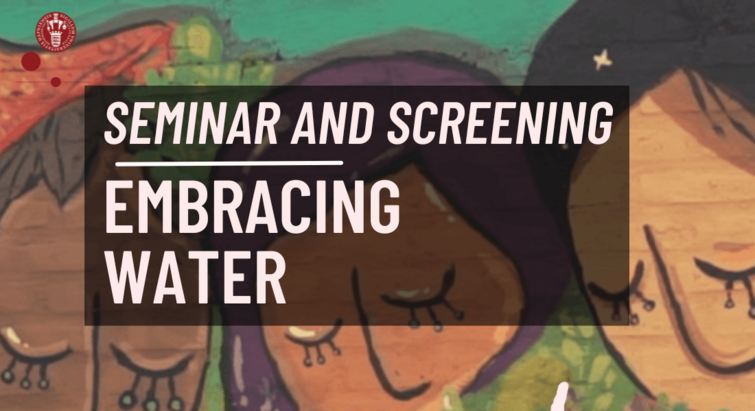
PhD defence: Public perception of the use of woody biomass for energy
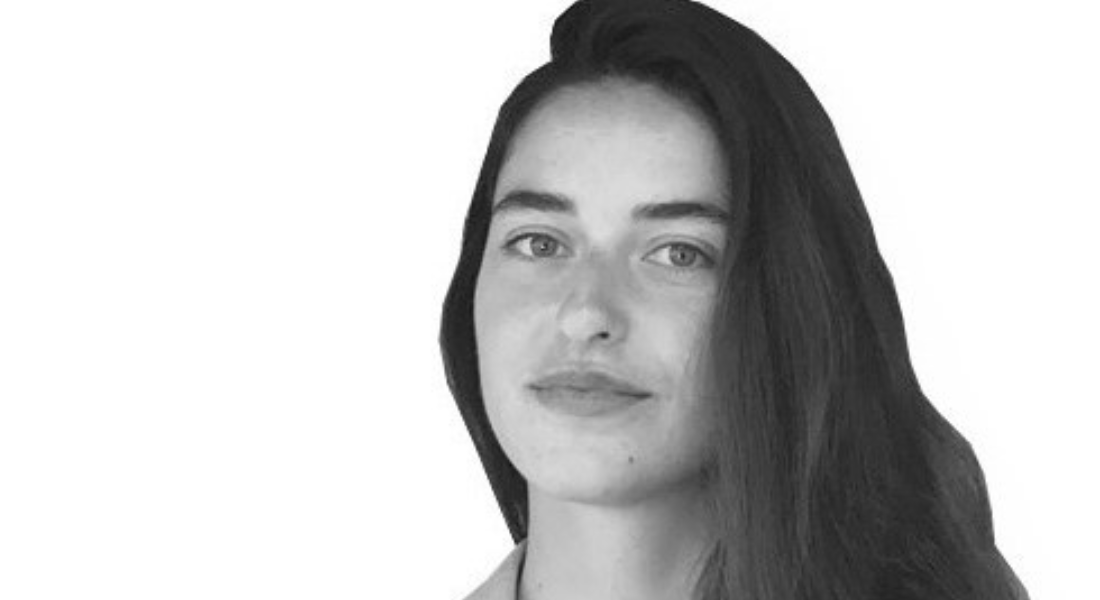
PhD defence
Paula Ugarte Lucas
Title of thesis
Public perception of the use of woody biomass for energy - Insights for an inclusive energy transition in Denmark
Abstract
The climate emergency calls for unprecedented transitions away from fossil-fuelled societies. But transitioning towards an energy system based largely on renewable energy in a sociallyand environmentally sustainable manner is challenging. The use of woody biomass and the reliance on its potential for negative emissions when coupled with carbon capture and storage (BECCS) have promised to address the climate crisis and reach net-zero targets in Denmark. However, woody biomass and BECCS are contested on social, environmental, and ethical grounds.
The existing debates are dominated by the voices of a few stakeholders, including academics, industry representatives, and politicians. Public opinion, despite its central role in achieving inclusive energy transitions, is not represented in those debates. To address this, the point of departure for this thesis is to capture perceptions of woody biomass and BECCS using a questionnaire-based survey of the general population in Denmark.
This thesis follows an interdisciplinary lens drawing on sociology, psychology, and economics and seeks to explore and understand attitudes to, prioritized concerns about, and intentions to vote for the continued use of woody biomass, and willingness to pay (WTP) for BECCS. Results from the survey show a general lack of public knowledge and high undecidedness regarding attitudes to, intentions to vote for, and beliefs in the mitigation potential (i.e., perceived benefit) of woody biomass.
The public prioritizes woody biomass-related environmental concerns – namely biodiversity loss, the trade-off with other renewable energy sources and the mitigation potential of woody biomass – over social and/or economic ones. As for BECCS, although Danes are on average willing to pay for its implementation, WTP is linked to the view of this technology as a necessity to achieve future climate targets.
Interestingly, both biomass and BECCS are evaluated relative to the existing alternatives to fossil fuels. The survey also showed which factors predict acceptance. In the case of biomass, predictors of attitudinal acceptance are perceived benefit, concern about climate change, and age. Predictors of behavioral acceptance are altruistic and egoistic values (mediated through attitudes), perceived benefit, and attitudes. The predicting factors of WTP for BECCS are age, concern about climate change and belief in human activity as climate change’s main driver, and perceived benefit.
The cognitive and socio-psychological underpinnings of woody biomass and BECCS acceptance formation are complex and multi-faceted. Altogether, the findings contribute to a more nuanced understanding of perceptions and broaden the scope of current debates to a more in-depth discussion about desired energy futures. The undecidedness and lack of knowledge about woody biomass, the prioritization of environmental concerns, and the view of BECCS as a necessity might pose a challenge for a socially and environmentally successful energy transition in Denmark if this is to heavily rely on woody biomass and BECCS. With this, findings call for greater public engagement in discussions about energy futures if energy democracy is to be at the forefront of Denmark’s transition to a low-carbon society.
Supervisor
Professor Christian Gamborg, Department of Food and Resource Economics (IFRO), University of Copenhagen
Co-supervisor
Professor Thomas Bøker Lund, Department of Food and Resource Economics (IFRO), University of Copenhagen
Assessment Committee
Chair:
- Associate Professor Thomas Lundhede, Department of Food and Resource Economics, University of Copenhagen
- Associate Professor Shannon Hagerman, University of British Columbia
- Associate Senior Lecturer Nils Droste, Lund University
Master of Ceremony
Associate Professor Thomas Lundhede, Department of Food and Resource Economics (IFRO), University of Copenhagen
The defence is open to all.
If you are interested in a full copy of the thesis, please contact the PhD student or the PhD Secretary.
Yes, you can participate via Zoom. Please contact Paula Ugarte Lucas paula@ifro.ku.dk 19 January 2023 - 22:00 (CET) at the latest for a link and passcode for online hybrid zoom participation.
No. The doors close when the defence starts and will not be opened again until the defence is finished.
You cannot leave early either unless there is an emergency.
It is not allowed to take pictures or record the defence without prior agreement with the PhD student and supervisors.
There is usually a reception after a defence. We kindly ask you to contact the PhD student if you want to know the location of the reception.
Events


Normplant
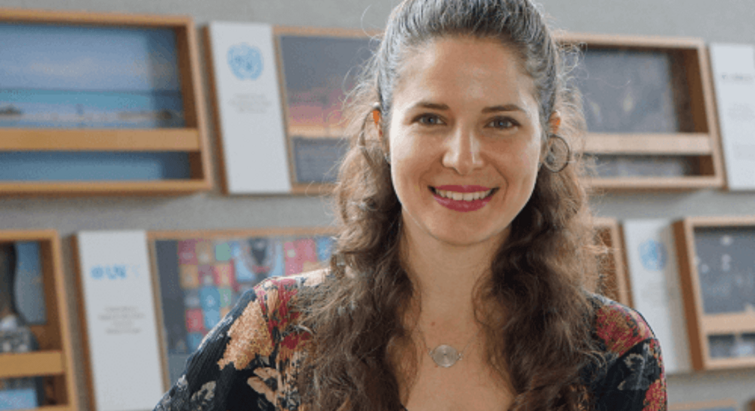
Mapping of a Field: A Systematic Review of Reviews of Forestry and the Forest-Based Sector in Europe
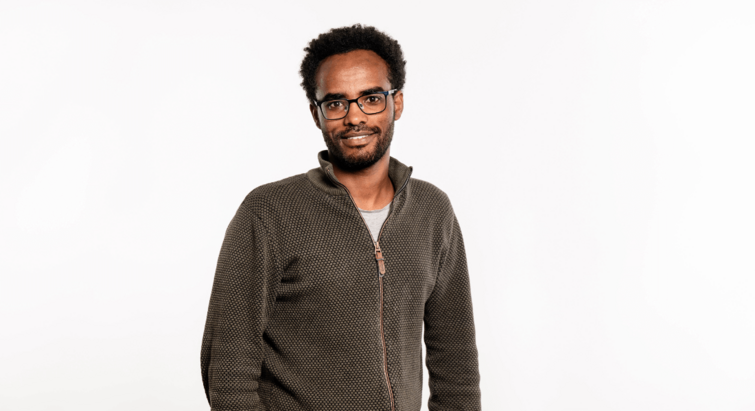
Fields of Green and Gold
